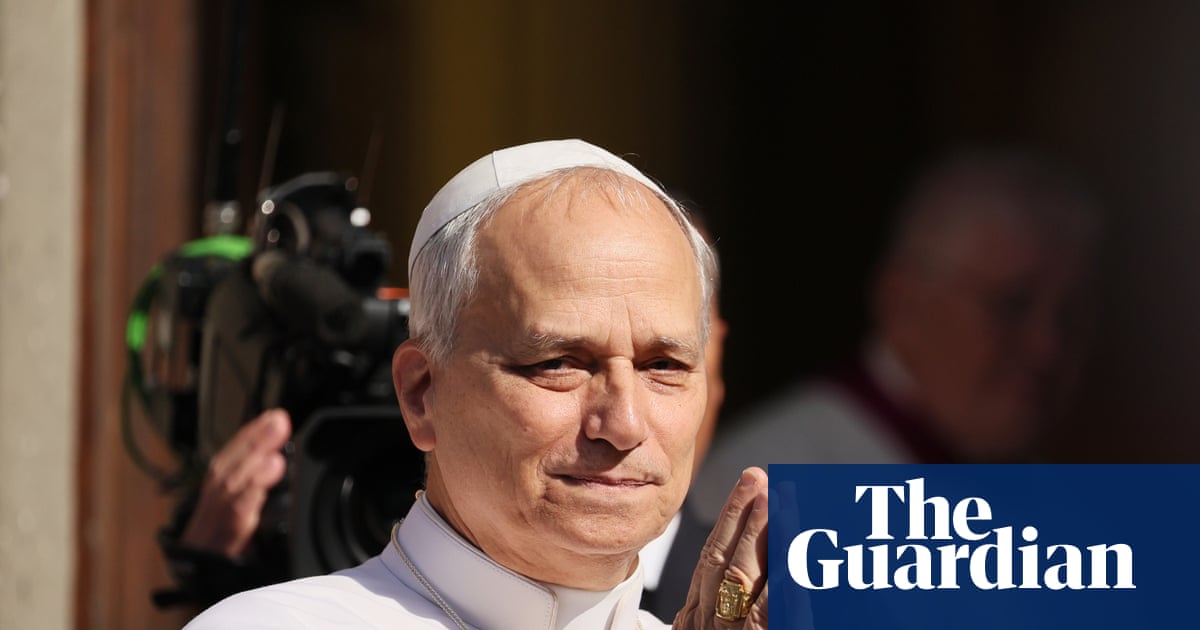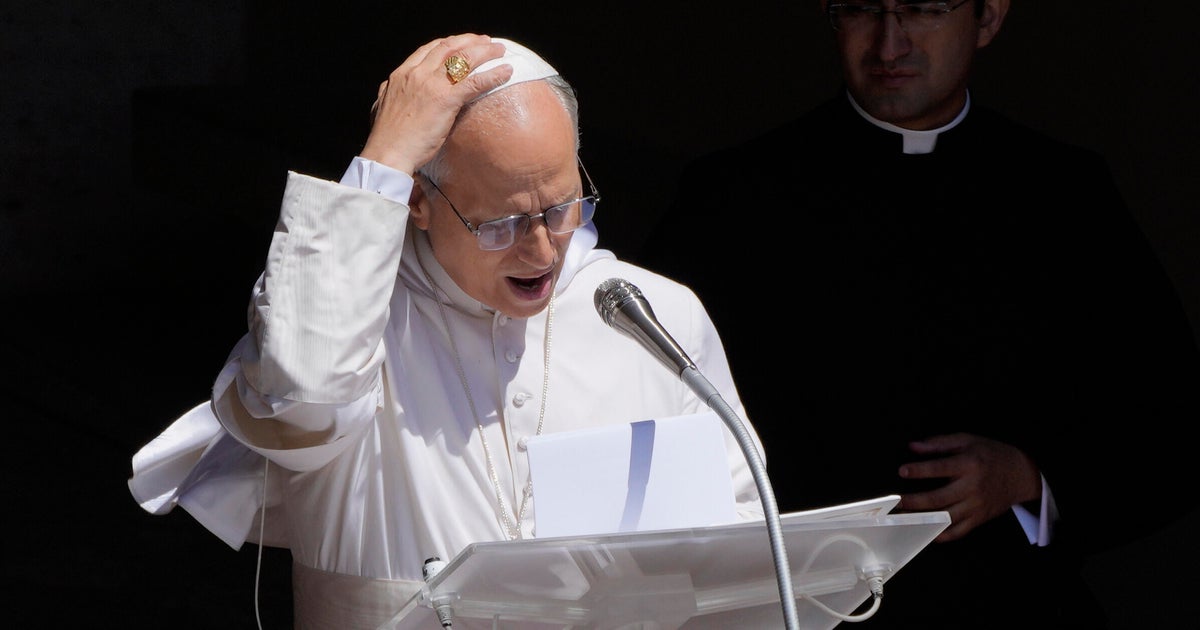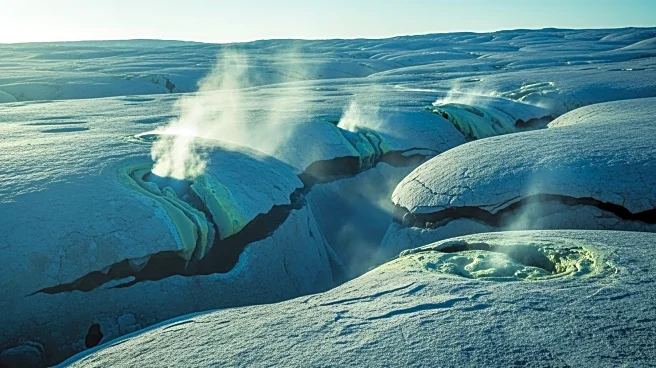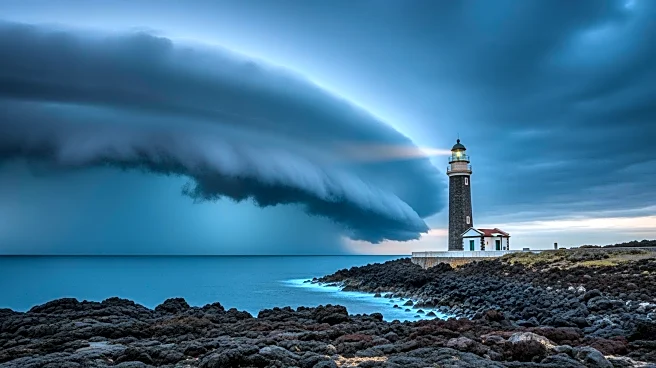The recent Israeli Defense Forces (IDF) strike on Gaza's only Catholic church has sent shockwaves through the international community, resulting in at least eight wounded and three deaths, including Father
Did You Know
The world's oldest person on record lived to be 122 years old.
?
AD
Gabriel Romanelli, a beloved figure known for his close connections with the late Pope Francis. This tragic incident epitomizes the ongoing humanitarian crisis in Gaza, where the devastating impact of conflict is felt most acutely by innocent civilians. The attack during a time of heightened tensions underlines the critical need for urgent address of the turmoil affecting countless lives in the region.
Pope Leo XIV responded with heartfelt anguish, labeling the violence as "barbarity" and taking an unequivocal stand against the indiscriminate suffering wrought by military actions. His renewed calls for an immediate ceasefire echo the desperate pleas of those enduring the fallout of war. The pontiff's statements resonate not only within religious circles but also among global leaders, urging a united front to prioritize dialogue and reconciliation over further escalation. Humanity, the Pope emphasizes, must rise above the strife and seek a resolution that safeguards the lives of all civilians.
As the realities of life amid conflict continue to unfold, the plight of Father Romanelli and his congregation serve as stark reminders of the vulnerable among us. The rising death toll, alongside the increasing challenges faced by humanitarian efforts, paints a grim picture. Without concerted action toward a peaceful resolution, the cycle of violence threatens to persist, leaving a legacy of loss and despair. The world watches with bated breath, hopeful that the latest tragedy will stir a renewed commitment to ending hostilities and protecting those caught in the conflict’s wake.
Q&A (Auto-generated by AI)
What is the history of the Gaza conflict?
The Gaza conflict is rooted in the broader Israeli-Palestinian struggle that began in the mid-20th century. Following the 1948 Arab-Israeli War, many Palestinians were displaced, leading to ongoing tensions. Gaza has been under various controls, including Egyptian and Israeli rule. Since 2007, it has been governed by Hamas, which Israel and other nations classify as a terrorist organization. The region has experienced multiple conflicts, with significant military operations leading to high civilian casualties and humanitarian crises, particularly during the 2014 and 2021 escalations.
How does the Pope influence global politics?
The Pope, as the leader of the Catholic Church, wields significant moral authority and diplomatic influence. His calls for peace and justice resonate globally, often impacting international relations. For instance, Pope Leo XIV's recent appeals for a ceasefire in Gaza highlight his role as a mediator in conflicts. The Vatican engages in diplomacy, advocating for humanitarian concerns and interfaith dialogue, which can shape political discourse and encourage nations to consider ethical implications in their policies.
What are the implications of ceasefire calls?
Ceasefire calls, like those from Pope Leo XIV, aim to halt hostilities and protect civilians, but their effectiveness varies. Such appeals can mobilize international attention and pressure conflicting parties to negotiate. However, without genuine commitment from involved nations, ceasefires may be temporary. The implications include potential humanitarian relief, a reduction in civilian casualties, and the opportunity for diplomatic dialogue, yet they also risk being viewed as ineffective if not followed by actionable agreements.
What role do religious leaders play in peace efforts?
Religious leaders often serve as moral voices in peace efforts, advocating for compassion, understanding, and reconciliation. They can unite diverse communities and influence public opinion, as seen with Pope Leo XIV's statements on Gaza. Their involvement can facilitate dialogue between conflicting parties, as they are perceived as neutral and trustworthy. Additionally, they can mobilize grassroots movements for peace, drawing on shared values and beliefs to promote harmony and understanding among different groups.
How has the international community responded?
The international community's response to the Gaza conflict has included diplomatic efforts, humanitarian aid, and calls for ceasefires. Organizations like the United Nations have condemned violence and urged protection for civilians. Countries often express their positions through statements and resolutions, but responses can vary significantly based on political alliances. Recent calls for ceasefires, like those from Pope Leo XIV, have garnered attention, but actual responses may depend on the geopolitical interests of nations involved.

















